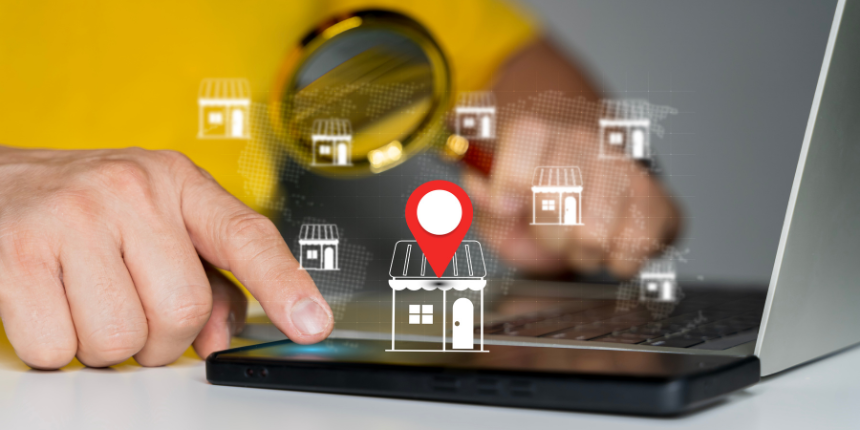
Maximize your local presence through strategic location management.

The world of customer reviews is changing.
There was a time where a customer had to go into a store to complain; this then evolved into phoning customer services to resolve a query; then came the age of email – the only medium where, in most instances, the query is not time sensitive.
The explosion of social media has opened communication channels and customers expect the fastest response when contacting a brand on Facebook and Twitter.
In the main, brands have accepted that once they open social channels it is imperative that they continue to monitor and engage with customers. Brands simply can’t afford to have hundreds or thousands of people viewing any negative review left by an un-happy customer.
The next evolution is local reviews. While it has been around for a while, it often fails to be treated with the same importance as traditional social.
Here are a couple of examples of unanswered Vodafone reviews…

Local reviews are hugely important as they have a significant impact on a place of business. While they may only have minimal impact on a brand in the short term, over time multiple negative reviews can cement a negative perception of the brand. This risk is only heightened when brands fail to respond and work to resolve any issues.
To users, a lack of response can be taken as a sign that the brand doesn’t care about the customer.
Why is a Facebook comment deemed more important than a local review? Is it purely because there are more eyes on the main social pages?
Facebook is an interesting channel to look at as local is an area in which they feel they can compete with Google. In the past, Facebook has pushed brands to create a place for users to check in, and now they are pushing for local reviews.

Most brands are failing to respect the fact that unanswered local reviews lead to a loss of business, cause negative brand perception, and cause customers to leave multiple negative reviews (central & local).
Let’s try another angle…
If we look at Google’s local reviews, you’ll see that a listing has a review score. This can be used to connect online with offline.

The score can be shared with the store owner/manager, compared to the competition in the area and subsequently set as a KPI. We’re also able to flag common themes so brands are then able to address problems with the specific store and prevent it from growing.
Subscribe to our monthly newsletter.
Poor customer service
Low stock levels
Un-hygienic toilets
Extended waiting time
After service reviews
This score can then be reviewed each month. There are some brands that are keen to receive feedback, asking how they’re able to generate more reviews in order to improve their score.
Still not seeing the benefits of answering store reviews?
Still don’t care about your store score?
Still focused on ecommerce?
Here is the clincher…
Review scores are a ranking factor for Google. Having a low score WILL have a measurable, tangible negative effect on your ability to rank in the top 3 map listings.

Not answering low score reviews read as signal by Google that the brand is not treating the local channel as it deserves.
Brands seem to consistently underestimate the opportunity local presents; businesses are stuck thinking that it is a brand channel and Google is prioritising the local results.
When the user specifies a location, they are showing the intent that they want to visit the store. When the user hasn’t specified a brand like in the example above, this is an opportunity to win a new customer and drive incremental business.
Brands wouldn’t ignore a complaint or review in store, so they shouldn’t allow online versions to go unanswered.
Negative reviews have an impact on a brand’s ability to rank for generic local results and cannot be ignored.
We provide an alert system and interface for brands to respond to reviews in one place. The client is able to select who should receive review alerts and which reviews should trigger an alert. I.e. a 1-3 start rating out of 5.
Part of the reason why brands ignore these reviews is because it is time consuming to click on each local listing to view the reviews. This is the same reason why brands don’t understand the true value of local. For Google My Business, users have to click on each listing to see how many views and clicks they’ve achieved, and if you have more than 10 stores this is far too time consuming.
Allowing the team to respond to reviews from one interface saves time and gives the brand control as they have total visibility of every review and the ability to respond in one place.
For more information on how we can help optimise your local channel contact DAC on (0203) 866 4210 or send us an email.
Maximize your local presence through strategic location management.
Maximize your local presence through strategic location management.
Subscribe to our monthly newsletter.